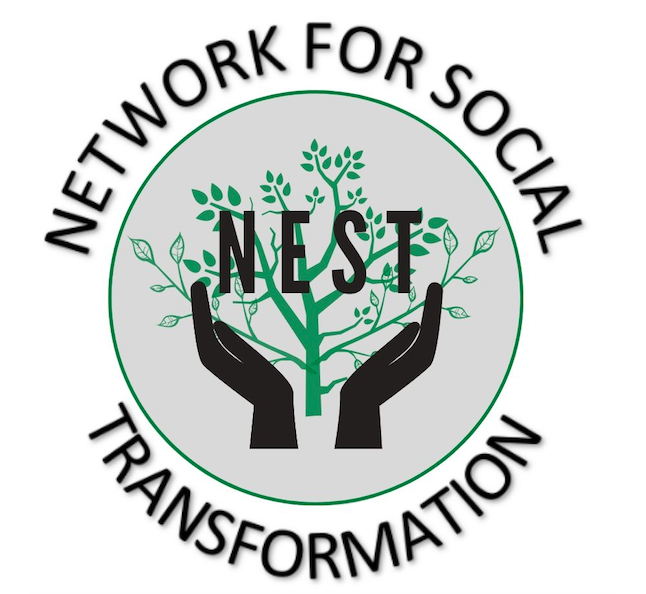
Since 2011, NEST Kenya has been helping children from the Korogocho slum get an education.
Here’s What We’re Doing.
Through our social workers, we provide tailored family care and education to children from the poorest families in the Nairobi slums. We help families stay together by sharing the financial burden. NEST does this by raising money for the sponsorship of children, supporting schools as well as raising money for specific projects.
Our Goal.
Our goal is to give vulnerable orphans and street children love, dignity and hope in the society.
Our Mission.
To strengthen community capacity to care and empower vulnerable people in mutually transformative relationships.
Our Vision.
Our vision is a just society in which communities uphold the dignity of vulnerable people, through the spirit of love and solidarity.
Our Long-Term Objectives
NEST will be a pillar for empowering its community members with special focus on protecting the rights of children from any form of abuse in Korogocho slum and its surrounding areas.
To mobilize and influence other stakeholders to address the issues affecting the development of youth and women in the area.
Facilitate mentorship programs for children so as to support their basic education and talent promotion through the network.
Create a space for children and community members to become pace -setters for social transformation through their talents, ideas and experiences.
To promote research by developing a resource centre where vital information can be accessible to scholars and members of the community.
Creating partnership and networking with other learning institutions, organizations at local and international levels.
Hosting and posting intern students, researchers and scholars to the projects of their interest within different community organizations.
To provide capacity building training in project management, resource mobilization, human rights, leadership & governance, life skills and guiding & counselling target groups within the community.
To facilitate and conduct baseline surveys, implement programs/projects, monitoring and evaluation services.
To promote social entrepreneurship so as to address the issue of poverty and dependency syndromes among the poor of the poorest community members, for instance young mothers and youth by initiating sustainable income generating activities.
The History of NEST
Network for Social Transformation (NEST) was registered in the year 2011 as a Community Based Organization by the government of Kenya under the Ministry of Gender, Children and Social development. We are based in the Korogocho slum which is one of the largest informal settlements in Kenya.
NEST operates in Dandora Municipal Dump Site, the only dump site in Nairobi located 8 km away from Nairobi’s Central Business District. The dumpsite has been in existence for over thirty years, a direct contravention of international environmental laws, which require that dumpsites be closed down after ten to fifteen years of usage. The site directly affects the health of Korogocho, Dandora, Kariobangi and Baba Dogo residents.
Over the past several years, Phebias Wandera has overcome many struggles, including surpassing issues with many corrupt Board Members of the organization. Corruption is a very common problem in Kenya, and unfortunately this typically results in poor outcomes for those who are genuinely trying to improve the life of the people living there.
Our current objective is to rescue, educate and reintegrate vulnerable orphaned children from the streets and Dandora dumpsite in Nairobi, Kenya. The dumpsite poses serious social and political threats. Being an open space without enclosures, the dumpsite encourages and attracts many children to turn to street life. The children scavenge for items from the dump site which they sell in attempts to earn money for their families. Many pupils drop out of school to work at the dump site.
Due to high poverty levels in Korogocho slums and its neighbouring settlements, some parents encourage their children to go to the dumpsite commonly known as ‘Mukuru’ to fend for themselves and also support the family. While some critics will defend this habit, it is a disastrous short term solution to a larger, complex social and economic problem.
In this context, NEST aims to empower families and give hope to a new generation through several educational programs. There are several steps that NEST has to follow from identifying the needy children to a constant follow up of their reintegration into the school and family system to ensure they are not falling prey to the negative and incomprehensible encouragement to continue to work in the dumpsite.
